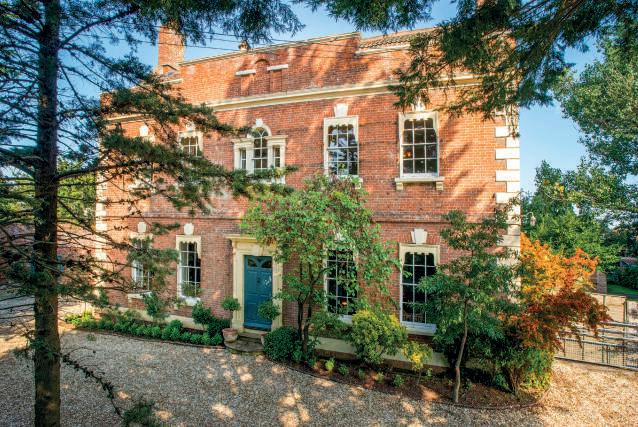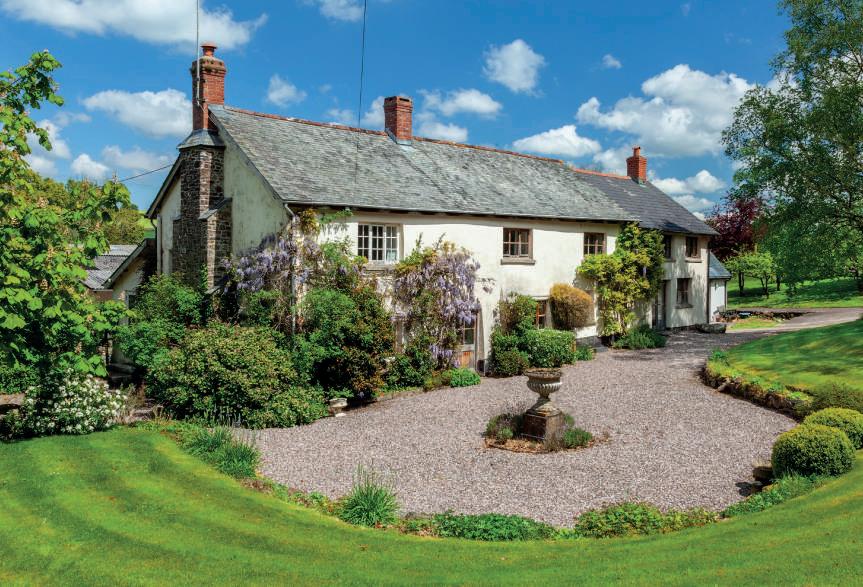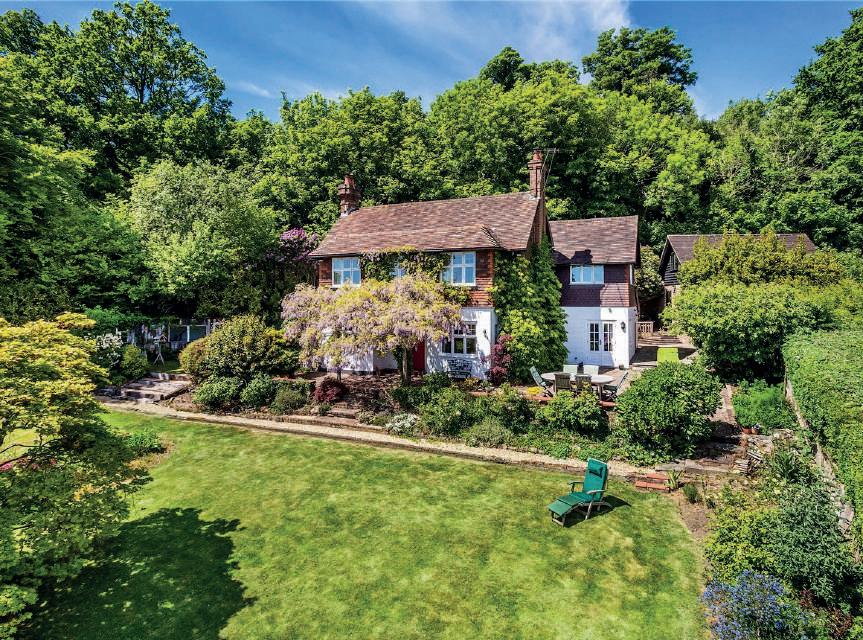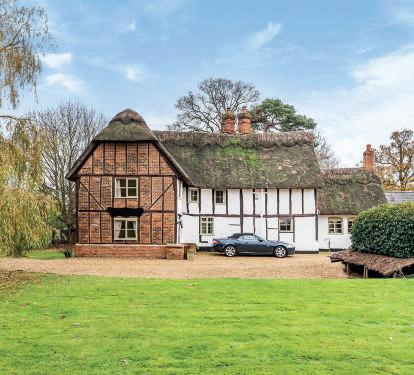
1 minute read
PET SOUNDINGS
Landlords explore their options as tenants looking for dog-friendly country homes become, in many instances, the majority.
The markets for both genuinely rural rentals and for homes in smaller towns continue to be dominated by tenants who temporarily (or possibly permanently – typically they themselves don't know) want to leave a large city. Most, though, face greatly limited choice, because they want to keep a dog. On the day of launching one property onto the market, our Sevenoaks office received enquiries from fourteen potential tenants. Every single one was a dog owner. This recent phenomenon has collided head-on into 2019 legislation which, in effect, prohibited landlords from charging an additional deposit for cleaning and repairs once dog-owning tenants depart. In response, an even greater proportion of landlords than before, took the obvious route: No pets allowed. Today, this applies to the great majority of rental properties.
Now though, with most landlords showing dogs the ‘No Vacancies’ sign and so many tenants being dog owners, supply and demand is working its magic.
Premiums of £25 or more per pet, per month, are being agreed, as are all sorts of terms around what to do about nuisance barking, damage to home and garden and more. Provided pet and property are suitable (and that the dog owners recognise their natural inability to detect the smell of their own pet), there is rarely a problem. Increasingly, the position of landlords is leaning away from ‘No pets’ and towards ‘Pets considered’.
ACTIVITY HIGH, SOME PRESSURE ON RENTS
As the historically high levels of activity persist, we do have concerns about shortages of stock. These might drive rental increases to the higher end of predictions, but there are so many factors, good and bad, entering the mix over the coming months that they may well cancel each other out. As our chart shows, perhaps the most remarkable point about changes in rents across the country, including London, since 2015 is how similar and undramatic they are. For landlords and tenants, such stability might be unexciting, but is surely welcome.
What will £1,000,000 buy in the country?
WHAT WILL £1,000,000 BUY IN THE COUNTRY?

More than four times the current UK average house price of £249,600 (Land Registry), what a million pounds secures, varies greatly across the country.
This page, clockwise from the left: Devon excess £1,000,000 (Barnstaple) Somerset £895,000 guide (Taunton)
Denbighshire £975,000 guide (Chester)


£935,000 guide (Shaftesbury)


Norfolk £925,000 guide (Burnham Market)


Bedfordshire
£1,200,000 guide (Woburn)
Kent £1,000,000 guide (Oxted)
Examples from our offices outside London







